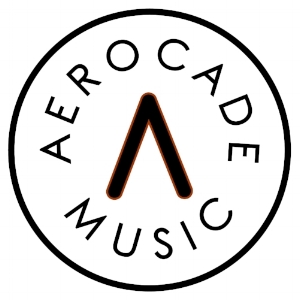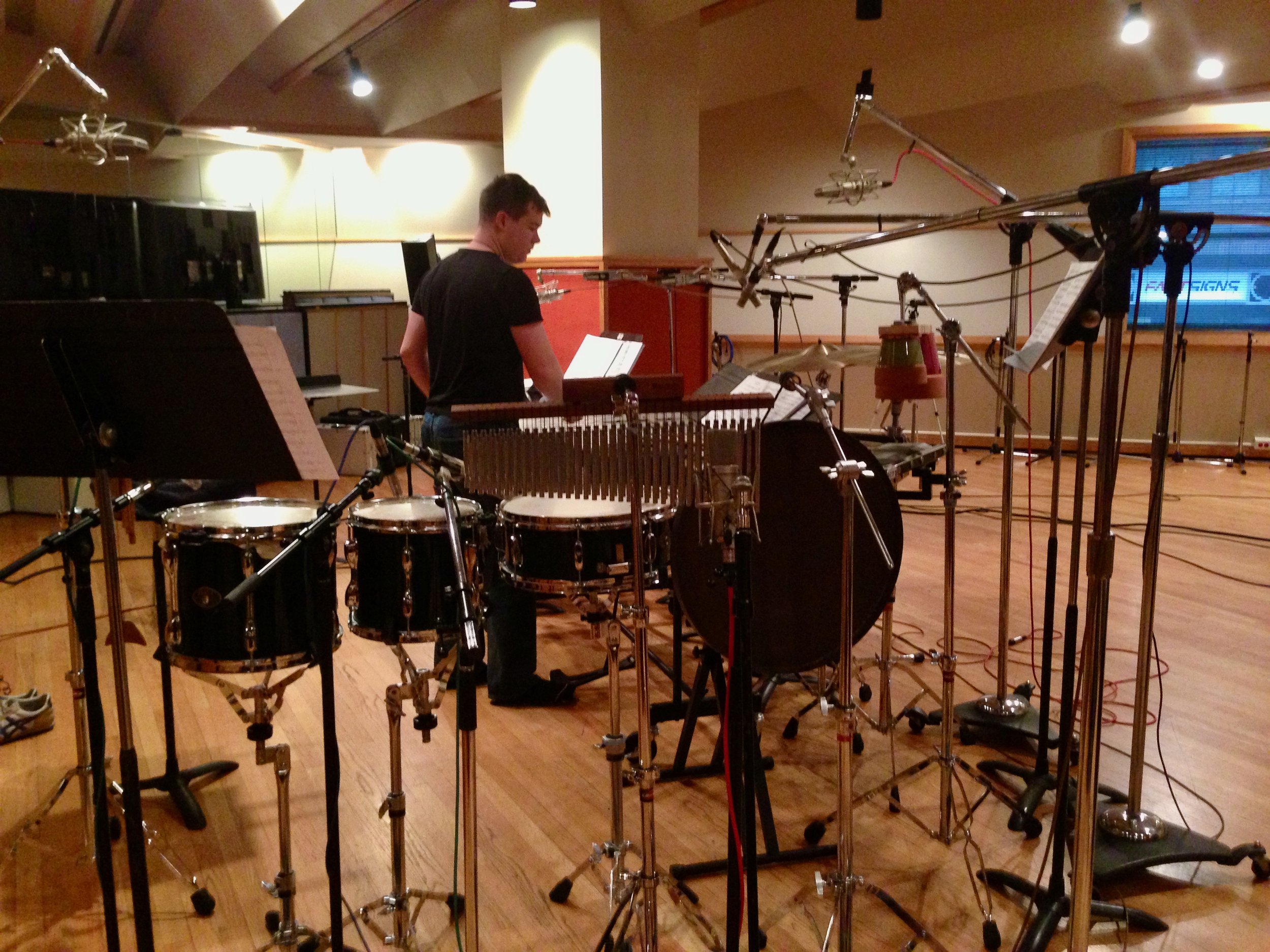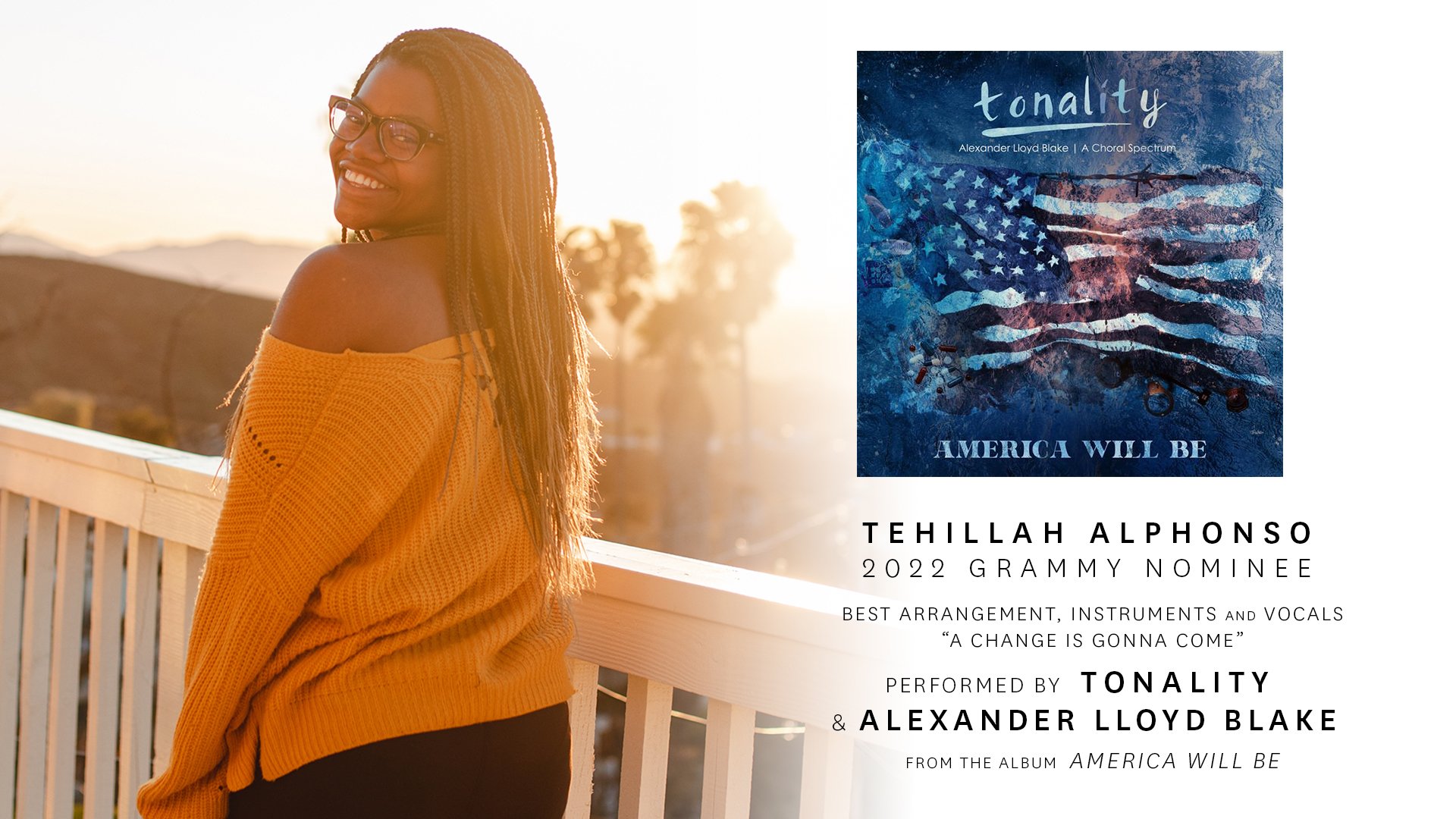This post is adapted from Meerenai Shim’s blog (with permission).
In a previous blog post, I wrote about how to estimate the cost of producing an album/CD. In that post, I told readers to ask around for recommendations to find a good recording engineer or studio. Now, I feel like going with recommendations alone is not adequate. I’m revisiting this topic because I’ve experienced my share of disappointing experiences with engineers and studios in various locations and types of recording locations all over the country. I’ve produced 3 of my own solo albums plus 3 albums for other artists. I’ve co-produced 2 albums with my chamber ensembles, and a handful of singles/EPs. I’ve also seen (heard) some poorly engineered recordings when I evaluated recordings for release on my record label, Aerocade Music. I’ve had fantastic and terrible experiences in university settings. I’ve had wonderful and frightening experiences in small studios. My experiences with larger studios have been generally positive. I’ve worked with diligent, well-supervised student engineers-in-training and I’ve worked with terribly unqualified and overrated “professional” engineers.
The audience for this current blog post is Classical Music performers in the USA. I am also writing as if you are planning on recording a full-length album that you are self-producing and self-financing (with crowdsourcing or savings, etc.)
Don’t be like this squirrel. Read the rest of this post to learn how to invest your acorns well.
All studios come with a house engineer (or several). Some studios only allow certain engineers to record there. Many of the larger commercial studios (as opposed to the educational institutions and home recording studios) will allow outside engineers to record projects there. You can also hire an engineer to bring their gear and record you at a non-studio venue like a concert hall or church. Any of these scenarios can be legit and wonderful. Read on for some ideas on how to audition a recording engineer or studio.
Book a session. Record something (one piece or one movement) with the engineer or studio you are auditioning. This is the best way to tell if this person/place is right for you.
If a studio or engineer asks you to sign a contract other than acknowledging a simple outline of services offered, cancellation policies/fees, and the price list, this is HIGHLY IRREGULAR. You are self-producing and financing this album and hiring this engineer/studio for their time - on a “work for hire” basis. You have no legal or fiscal obligation to the studio or engineer beyond the recording time agreed to and the fees associated with that. You do not owe your engineer/studio any residuals or royalties, etc. If your studio or engineer is offering a package deal like a production or label services deal, that’s a whole different animal and there’s a whole other set of things to consider for those deals. This blog post will not help you evaluate those package deals. However, I will say that if you’re considering such a package deal, don’t sign anything until you do a lot more research and talk to other artists who have signed the same exact deal you’re considering. Don’t rely only on word-of-mouth and reputation. Ask to do a trial recording session like the one I’m suggesting in this blog post.
Ask all the questions you may have. Don’t assume they will explain as you go. Don’t worry about annoying the studio or engineer with your question. If your questions are genuine, and you’re not intentionally trying to be annoying, ask away. The way the staff/engineer responds to your questions will tell you a lot about if this studio/engineer is right for you. Are they patiently answering your questions? Did they ask you about what you’re trying to achieve during your session? Are they good listeners? Do you like the communication style of the studio staff/engineer?
Bring an external hard drive with you to your session and ask that they give you a copy of the entire ProTools* session at the end of your recording day. (Best practice: ALWAYS get a copy of that day’s work on your external hard drive. The studio or engineer may have it set up so that your session files are automatically uploaded to the cloud for you and that’s awesome, but it’s OK to be paranoid and want an extra copy on your hard drive.) If they give you any pushback on putting a copy of the session files on your hard drive, THIS IS A RED FLAG.
*ProTools: Why? There’s nothing wrong with using another Digital Audio Workstation (DAW) to record. But I recommend a studio/engineer that uses ProTools because if you need to take the work you started with one engineer and finish it with another, using the same DAW will save you a lot of time because most professional studios/engineers use ProTools.
Before they setup the microphones, the engineer should listen to you play up close, and from a bit away. They are putting their ears where they might place a microphone. If I’m playing cello, I’d expect the engineer to get on their knees to listen to my cello from around the bridge or F holes. (If they’re a house engineer recording you on the house piano while you’re playing conventional repertoire, I don’t expect them to put their head under the lid.)
After they set up all the microphones, they will record a sample of your playing. They should ask you to listen to the sample to see if the sound they captured is how you want it to sound. If you’re not sure, that’s OK. Just say so. The engineer can try other mic combinations or explain, based on their experience, whether this is a good sound for your instrument or the type of music you’re recording that day. You can ask for another option like different microphones or a different mix between the mics. (Most good engineers will offer an alternative before you ask.) If they push back on this and do not want to let you hear an alternative, it’s another red flag moment. Any time wasted is yours to waste since you’re paying for this time, so if they seem annoyed, it’s a red flag moment. Why is this a red flag? This is just the beginning of a long project. Recording an entire album is a stressful endeavor, even under optimal conditions. Evaluate the working relationship with the engineer as if you’re going to take a 30-day around-the-world trip with this person. (Or, if it’s the recording studio that you’re auditioning, pretend the studio is the tour bus that you’ll spend an entire month traveling on.) You will annoy each other at some point during the journey. That’s OK. Does this person seem like someone who can keep their cool and suggest a break rather than losing their temper? Does this studio have a separate room or outdoor space where you can go for a break?
Setting up microphones and getting the sound just right can take some time, especially if there are many microphones that need to be set up. You may be ready to go but the engineer needs time to do their thing. Be patient at the beginning of your session.
From A/B Duo’s first recording session. Chris Jones warming up while the engineers at Chicago Recording Company finish setting up a bazillion microphones.
Is this engineer/studio proactive in helping you do your best work? Does the studio have all the basics you need? Clean bathroom, break room with basic coffee/tea, and a recording room that’s not completely dead so you can enjoy your sound in the space.
While you record, keep a log of your takes. Your engineer can do some of this as well but you should keep your own record as you go. The engineer will tell you which take you’re on and you tell them if this is a good one, or a maybe. Note in your own log if it’s a good/bad take. An organized engineer should be able to flag all of the good or maybe takes as you go. (You definitely want an organized engineer!)
At the end of the recording session, ask the engineer to “bounce” all of your takes or all of your good takes so that you can listen to them at home to decide how to edit it. Depending on how simple or complicated your music/session was, your engineer may be able to make a compilation/rough edit of your good takes in a few moments. If you have studio time left, you can edit it with the engineer before you leave the studio.
Post-Haste Reed Duo’s multi-day recording session at Fantasy Studios (Studio D). Listening to recent takes with bassoonist Javier Rodriguez, engineer Alberto Hernandez, saxophonist Sean Fredenburg, and producer Meerenai Shim.
Some engineers can’t read notated music but they can still be great to work with if they have amazing ears, like the ones I’ve worked with. If you’re recording new compositions with lots of mixed meter and/or have complicated form or instrumentation, I recommend finding an engineer who can read music. (Just because an engineer can read music, it doesn’t make them better than ones who cannot. A good engineer who can read music will make the editing and mixing process go faster than a good engineer who cannot read music.)
Even after you’ve decided to work with one engineer or studio for your album, you can walk away at anytime (after considering the usual and reasonable late cancelation fees, if any.). No matter where you are in the process, you can always change engineers/studios. That’s another reason to get your session files on your hard drive at the end of every recording day. If you’ve recorded everything but the editing process isn’t going very well, you can stop working with that engineer and take your hard drive to another one to finish editing and mixing. Even if you’ve only recorded one of 4 movements, you can take those files and finish recording somewhere else. Listen to your gut. You can leave if you’re not feeling it or not 100% comfortable working with that engineer or studio.
I’ve had to bail on a studio/engineer twice. Once, at a small studio that had a good reputation, I asked for a click track of Q=112. They couldn’t figure out how to give me anything but 120. I didn’t feel safe pointing out the engineer’s mistakes or giving him advice on how to do anything so I paid for the rest of the time I booked for that afternoon and bailed. Another time, at a renowned conservatory with stellar facilities, the engineer couldn’t or wouldn’t set up a click track for me and I had to plug my iPhone into the headphone amplifier. This school didn’t have ProTools and it didn’t seem like a big deal in the beginning but it was obvious that this engineer didn’t really know his way around Logic (the DAW they had at this school) either. After that evening, I listened to that day’s recordings and there was a lot of click track bleed. (A good engineer should notice that the click track from the headphones is getting picked up in the microphones and will tell the musicians that we have to do it again after making proper adjustments.) We did not return for the next day’s session.
After you’ve decided that the studio/engineer might be a good fit, listen to the recordings from your trial session. Does it sound good? This might be tough to evaluate because the way one listens to recording quality is very different from how classical musicians usually listen. Also, depending on what basic mix is used on your bounced audio, it can sound bad to a musician-listener because there’s no room mic (no reverb). Listen for extra noise like tapping feet or the click track that bled through your headphones to your mic. Is the sound equally clear when you’re playing loudly and quietly? Is everything super quiet? And when you turn up that super quiet recording do you hear a lot of hum/hiss of the air conditioning or fluorescent lights? Are there crackling noises or distortion? Some of the extraneous noise can be removed by a competent engineer after the fact but that could take a lot of extra time and money. It’s way better to have an engineer that will give you nice, clear recordings to begin with. If you’re not sure about the quality of the recording, ask a friend or colleague who has done a lot of recording or engineering for their opinion. Or you can contact Meerenai for a consultation.
Do you have more questions? Did Meerenai miss anything? Let her know.


















